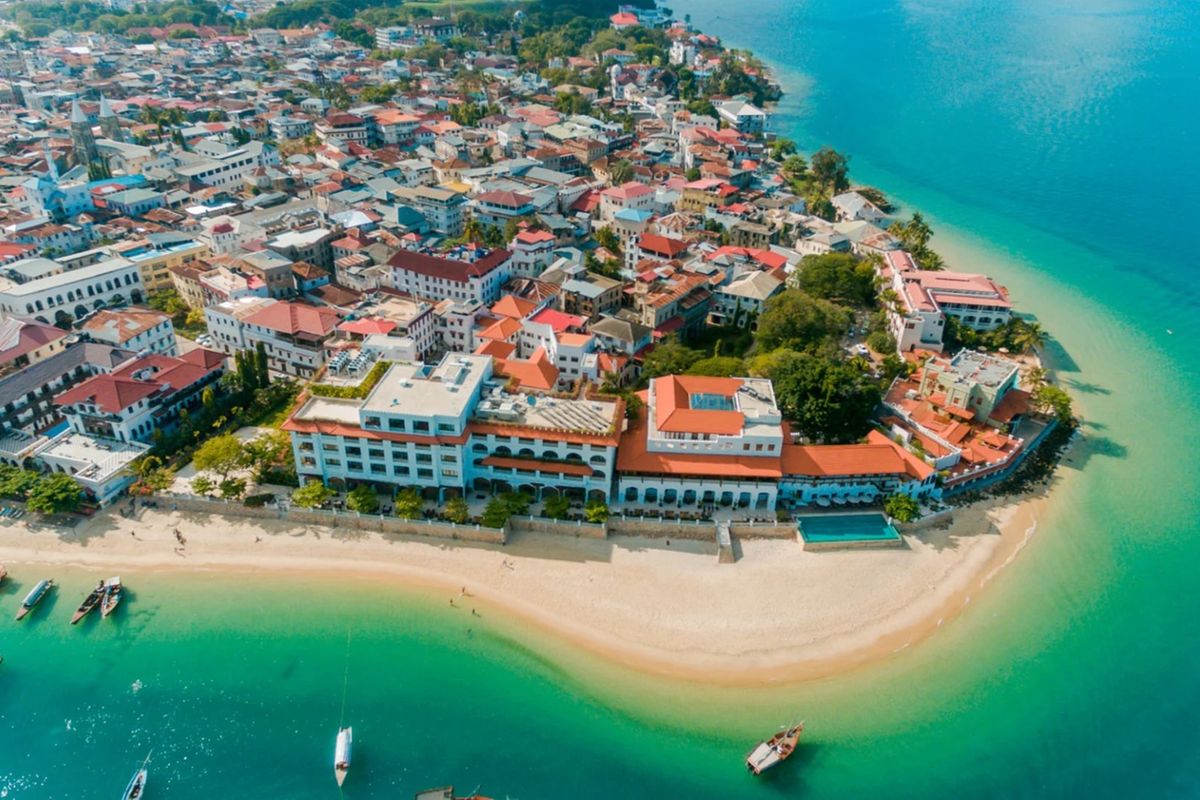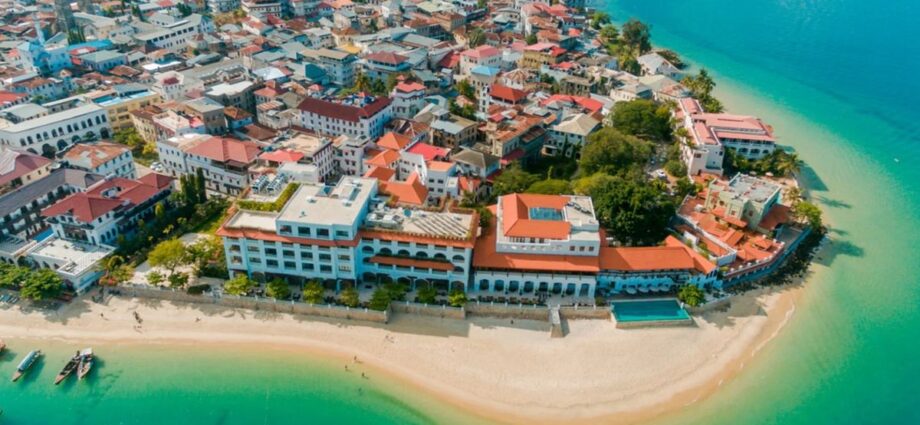
Unguja. The Ministry of Tourism and Heritage has unveiled 10 strategic priorities for the 2025/26 financial year aimed at boosting Zanzibar’s tourism sector, attracting investment, and restoring key historical sites.
Presenting the ministry’s budget estimates before the House, Acting Minister Tabia Maulid Mwita said the ambitious agenda seeks to increase international tourist arrivals, strengthen cultural heritage preservation, and enhance investor confidence in the islands’ tourism potential.
The government has requested a total of Sh 45.032 billion to implement these initiatives, which include infrastructure rehabilitation, policy reforms, and improved security in tourist zones.
Stone Town renovation on hold amid budget delays
A critical area of focus is the ongoing effort to restore dilapidated buildings in Stone Town, a UNESCO World Heritage Site. Despite allocating Sh 9 billion in the 2024/25 budget for renovations, Minister Mwita revealed that no funds had been disbursed by March 2025.
A recent survey by the Stone Town Conservation and Development Authority found that more than 160 buildings are in a state of disrepair, with 36 structures deemed dangerously unstable. This poses safety risks to residents and tourists alike.
“To address these risks, the ministry initiated a renovation project targeting 10 buildings. Although payments to contractors are still pending, major repairs have commenced on four of them,” said Minister Mwita.
Another priority is enhancing the capacity of the Tourism Police Unit to ensure tourist safety, particularly in high-traffic areas. The ministry also aims to complete comprehensive reviews of key regulatory frameworks, including the 2009 Tourism Act and its 2012 amendments, and introduce a Museum and Heritage Policy.
In addition, efforts are underway to finalise the legal establishment of the Museum and Heritage Authority and to implement findings from a national tourism resilience study, with an eye on building long-term sustainability in the sector.
Tourism boom
Tourist arrivals have surged by 65 percent over the past four years, rising from 260,644 in 2020 to 737,775 in 2024. This growth has been largely attributed to aggressive promotion by the Zanzibar government and the active involvement of the Tourism Commission and private stakeholders.
According to the ministry, there was a 15 percent increase in arrivals in 2024 alone, compared to 2023 figures.
Simultaneously, tourism investment projects grew by over 70 percent, jumping from 995 in 2020 to 1,695 in 2024. These include hotels, restaurants, and tour agencies, owned by locals, foreigners, or through joint ventures.
Heritage tourism gains momentum
Beyond leisure travel, cultural tourism is also on the rise. The ministry reported that 37,036 visitors toured historical sites in 2024—23,418 of them foreigners, 2,393 Tanzanian locals, and 11,180 students. The government also hosted 45 official international visitors in heritage zones.
Efforts to control noise pollution, curb unauthorized tourism-related businesses, and ensure adherence to tourism regulations have also been intensified through District Tourism Committees and the Tourism and Diplomacy Police.
“These measures are key to improving the visitor experience and strengthening the country’s international image as a premium tourist destination,” Minister Mwita said.
To ensure security, 620 patrols were conducted by tourism police between July 2024 and March 2025 across hotspots including Kizimkazi, Jambiani, Nungwi, Kendwa, and the broader Urban West Region.
The patrols focused on ensuring compliance among transport operators and safeguarding tourist zones from potential risks.
Budget constraints
Despite achieving 96 percent of its revenue collection target, the ministry reported underfunding for recurrent expenditures across departments during the current financial year. This has delayed several development programs.
Parliamentary committee chairperson Said Saleh Salim urged the government to partner more closely with the private sector to develop historical sites and attract long-term investment.
He also called for renewed efforts to engage international donors, noting the example of Infinity Foundation, which is currently spearheading efficient redevelopment projects in Stone Town.
“If these sites are developed strategically, they could offer immense cultural and economic value for Zanzibar,” said Mr Salim.














